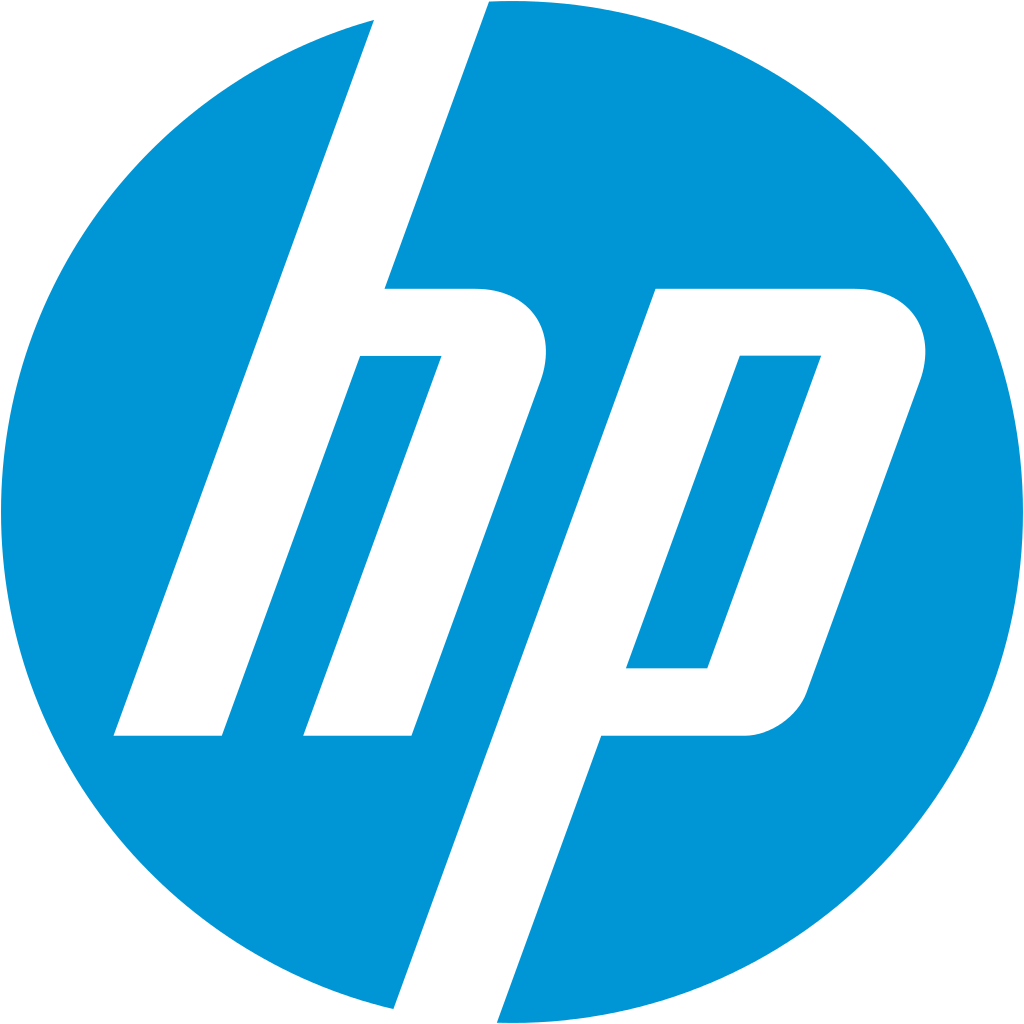
HP announced it’s buying the assets of David Vision Systems, providing an immediate 3D scanning technology for the corporation.
HP is well known for its 2D printing technologies, but has recently stepped full bore into 3D printing, particularly with the announcement of their new 3D printing technology, MJF.
Their strategy appears to be a focus on industrial uses of 3D printing with MJF, at least initially, based on the features and pricing of the first line of MJF printers.
But now they’ve bought 3D scanning technology from David Vision Systems, who are well known for their inexpensive tabletop 3D scanning units. Presumably HP will want to integrate this 3D technology into their existing product lines, or perhaps create new ones with it.
However, this acquisition is a bit puzzling to me. 3D scanning at the tabletop level is only a small part of the 3D scanning universe. In fact, David Vision Systems’ products were initially focused on personal and hobby uses, but have since evolved to include an “Enterprise” version in which the possibility of automation exists.
If HP is indeed focused on industry uses of 3D printing, then the David Vision Systems acquisition may be focused elsewhere.
A hint may be visible in the original HP 3D printing announcement a couple of years ago, when, strangely, they also announced the Sprout 3D workstation, which coincidentally included a basic 3D scanner. While the Sprout was clearly focused at children, educators and creatives, it really didn’t match with the heavily industrial focus of the MJF 3D printer. For some reason at the time, HP seemed to think these two very different applications were tightly related.
My suspicion is that the David Vision Systems technology will be integrated into the Sprout, whose scanner had a very serious limitation: it could not rotate the object to obtain a full 3D scan. That’s something the David Vision Systems technology could certainly do.
Watch for an updated Sprout in the future.
Via HP

